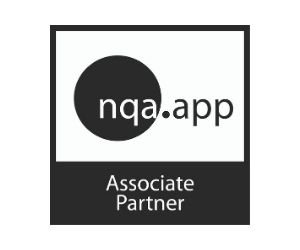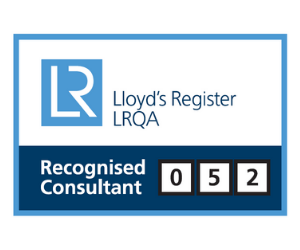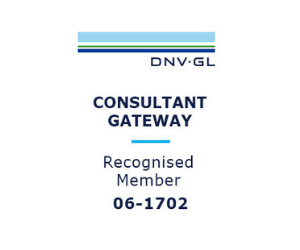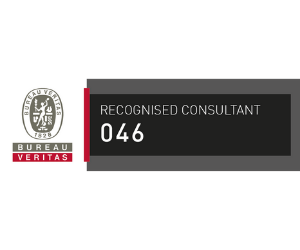Legal Registers
let's talk
Legal Registers
Legal issues are very complex and their relevance to any company can be different according to the organisation activities and the context within which they operate. Legislation itself changes continuously and keeping up with legislation applicable to your organisation is an ongoing task.
Our service enables clients to identify their legal compliance obligations and evaluate what they have in place to ensure that they comply.
We assist clients by developing a Legal Register to allow them to evidence the task of demonstrating legal compliance and show ISO Standard conformity.
The core (but not exclusive) ISO Managements Systems we work with in regards to this activity are:
- Quality (ISO 9001)
- Health and Safety (OHSAS 18001/ISO 45001)
- Environment (ISO 14001)
- Information Security (ISO 27001)
- Energy (ISO 50001)
- Food Safety (ISO 22000)
Request more information
Basis of UK legislation:
Statute law consists of the laws by which society seeks to control, permit or protect an activity or objective which a person or corporate body wishes to undertake.
The UK framework of statute law consists of:
- Primary Legislation, i.e., Act of Parliament
- Secondary Legislation, i.e., Statutory Instrument / Regulation
- Approved Codes of Practice or Guidance, i.e., explanatory notes issued by Government departments to explain or clarify the workings of the legislation.
Common (Case) Law consists of the laws and customs of the land that have over many years been recognised by judges in civil courts as the precedent on which to judge cases coming before them.
The law of tort (‘civil wrong’) relates to the breach of a common law duty leading to liability for redress. The redress may come in the form of damages, injunctions or abatements.
Compliance Obligations and the ISO Standards
Ensuring Legal compliance requirements is core and documented throughout all ISO Management System Standards.
High level Management System Standards, in particular, detail the requirement in the following two clauses:
Clause 6.1.3 Determination of Legal Requirements and Other Requirements
The organization must determine, at a sufficiently detailed level, the compliance obligations it identifies that are applicable to its activities, and how they apply to the organization. Compliance obligations include legal requirements that an organization has to comply with and other requirements that the organization has to or chooses to comply with.
The organisation must meet its “compliance obligations” which include all:
- Relevant legal requirements;
- Requirements imposed the organisation itself;
- Requirements of relevant interested parties that the organisation choses to comply with;
- Industry standards / codes of practice (to which the organisation subscribes);
- Codes of conduct set by government or other institutions;
- Industry codes;
- Non-mandatory regulatory guidance;
- Internally set standards.
Clause 9.1.2 Evaluation of Compliance
The organisation should be able to demonstrate that it has identified & evaluated compliance with legal requirements (and other requirements), including applicable permits / licences.
The foundation for this activity is clearly indicated by the need to ‘meet the organisation’s commitment to compliance’
The organisation is required to plan and implement a process for periodically evaluating its compliance with applicable legislation and record the results of this evaluation.
Hence: The need to develop, implement & maintain a Legal Register
Our specialist Consultants can advise and assist you with all aspects of QHSE legal compliance legislation to support you with your determination of legal requirements (and other requirements) and the Evaluation of Compliance.
FOR MORE DETAILS, CONTACT US TODAY.









